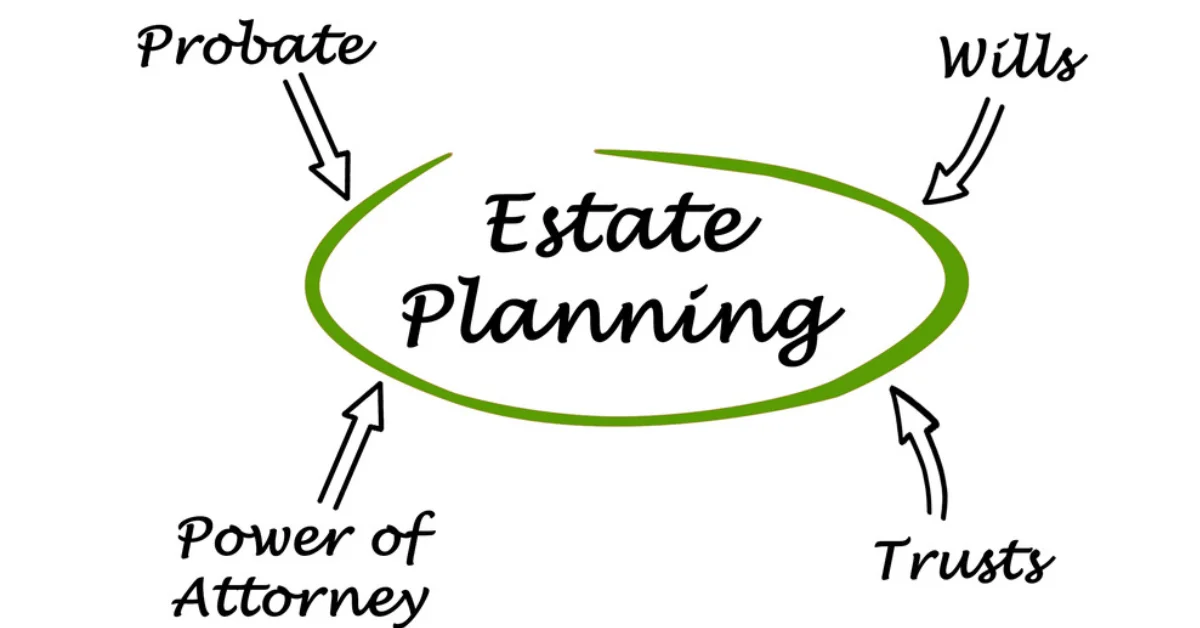Estate planning law firms in St. Augustine, FL, have a special challenge. How can they stand out in a crowded online market?
More clients are searching for legal services online, and if your law firm isn’t easy to find, you’re missing out on valuable cases. The key to visibility? Estate Planning SEO.
When done right, SEO helps your estate planning law firm rank higher on search engines like Google. This way, you can reach potential clients when they need your services.
But SEO isn’t a one-size-fits-all approach—it requires specific strategies tailored to estate planning. That’s where Procounsel Marketing comes in. We specialize in fine-tuning SEO for law firms, ensuring you rank for the right keywords and build a strong online presence.
Let’s explore some best practices for estate planning SEO and how Procounsel Marketing can guide you through this process.
Targeting Relevant Keywords
Imagine someone in St. Augustine searching for estate planning services. What do they type into Google?
This is where keyword research becomes critical. You need to understand the phrases people are using when seeking estate planning help. It’s not just about generic terms like “lawyer”; it’s about being specific.
Key Steps for Keyword Success:
- Do thorough keyword research. Focus on phrases like “estate planning lawyer” or “will and trust attorney.” These phrases relate directly to your services. But don’t stop there—dive deeper into what people in your area are searching for. Long-tail keywords such as “best estate lawyer near me” or “how to draft a living will” can attract local clients. These clients are actively searching for assistance.
- Balance Short and Long-Tail Keywords: Short-tail keywords, such as “estate attorney,” have higher search volumes. However, they are also more competitive. By mixing in long-tail keywords, you target clients with specific questions or needs, making it easier to rank and convert.
- Local SEO Keywords: Including local keywords such as “estate planning attorney in St. Augustine” makes your firm visible to people searching nearby. This is especially crucial for law firms serving a specific geographic area.
- Analyze Competitors’ Keywords: What’s working for your competitors? Use tools to assess their top keywords and find gaps in your strategy. This ensures you’re not only competing but possibly outranking others in your niche.
- Natural Keyword Usage: Place keywords thoughtfully in meta titles, descriptions, headers (H1, H2), and the body of your content. But remember, forcing keywords into every sentence can harm your rankings. Google rewards content that’s useful, not stuffed with keywords.
By focusing on targeted, relevant keywords, your law firm will appear in searches where it matters most—right in front of potential clients.
Optimizing On-Page SEO
Having great content is one thing, but if your site isn’t optimized for search engines, you’re still invisible. On-page SEO means making sure your website’s pages talk to search engines in the right way.
Best Practices for On-Page SEO:
- Clear Titles and Headings: Make sure your page titles and headers reflect estate planning services like “Wills and Trusts” or “Living Trust Lawyer.” This not only helps search engines understand what your pages are about but also makes navigation easier for visitors.
- Schema Markup: Schema markup is a type of structured data. It helps search engines understand more about your business.
- For example, it can show that you offer estate planning services. This makes your content show up better in search results. It often leads to richer results, like FAQs or contact info, shown directly on the search page.
- Optimize Images: Every image on your site should have an alt-text description. Use descriptions related to estate planning, like “elderly couple signing a will.” This helps with SEO and ensures visually impaired users can understand the image content.
- Internal Linking: Guide visitors through your website by linking related pages. For example, if you discuss the importance of a living will, add a link to a blog post. This post can explain the topic in more detail. Internal links help search engines understand the structure of your website and boost your SEO.
- H1, H2, and H3 Tags: Use these tags to organize your content hierarchically. This makes your content easier for readers to understand. It also helps search engines find your pages quickly.
- Your site should load quickly. This is important for clients seeking estate planning services. They especially want it to work well on mobile devices. Google prioritizes mobile-friendly sites, so optimizing for speed and responsiveness is critical.
Building High-Quality Backlinks
Think of backlinks as votes of confidence from other websites. The more credible sites that link to your law firm’s website, the more trust search engines place in you. But not all backlinks hold the same value—quality matters more than quantity.
Proven Methods for Backlink Building
- Guest Posts on Legal Blogs: Writing expert articles for well-known legal blogs helps your firm gain authority. It also earns important backlinks to your website.
- Cross-Linking Opportunities: Partnering with professionals like financial planners or accountants allows for mutually beneficial backlinking. Their clients may need estate planning services, and your firm can refer clients who need financial advice.
- Create Useful Content: Case studies, white papers, and resource guides provide valuable information. They attract backlinks from legal directories and other trusted sites. Legal directories such as Avvo, FindLaw, and Nolo are critical for SEO in the legal field.
- Shareable Visual Content: Infographics or short videos explaining estate planning basics can attract links naturally. People love to share and link to visually engaging content that explains complex processes simply.
Content Strategy for Estate Planning
Good content not only engages your audience but also drives traffic to your website. You need content that speaks directly to potential clients’ concerns and provides them with answers.
Effective Content Ideas:
- Blog Posts Answering Common Questions: Write posts that address common estate planning questions. For example, cover topics like “How to Choose an Executor” or “The Difference Between a Will and a Trust.” This type of content draws in clients who are researching their options and positions you as the go-to expert.
- FAQs for Voice Search: As voice search becomes more popular, adding FAQs to your content can help attract clients. Many people use voice assistants like Siri or Alexa to search for information. Structure your answers to reflect how people might ask these questions verbally.
- Guides and Tutorials: Offer comprehensive guides or video tutorials on estate planning processes, from drafting wills to navigating probate. This educates potential clients and shows your firm’s commitment to transparency.
- Content for Different Life Stages: Create content for different client groups, like young parents, retirees, or business owners. Each group has unique estate planning needs, and addressing those specifics can increase your relevance and appeal.
- Update Content Regularly: Laws change, and so do best practices. Update your content regularly to reflect changes in estate law or estate planning trends. This keeps it relevant and trustworthy.
Conclusion
Improving your estate planning law firm’s SEO can make a significant impact. It helps you reach more clients who need your services. Targeting the right keywords, improving your on-page SEO, building quality backlinks, and creating focused content all matter. The effort you put into your online presence will pay off.
Procounsel Marketing knows the special needs of estate planning law firms. We can help you with SEO. This will make your firm stand out in St. Augustine’s competitive market. Let’s make sure the clients who need your services can easily find you when they search.


